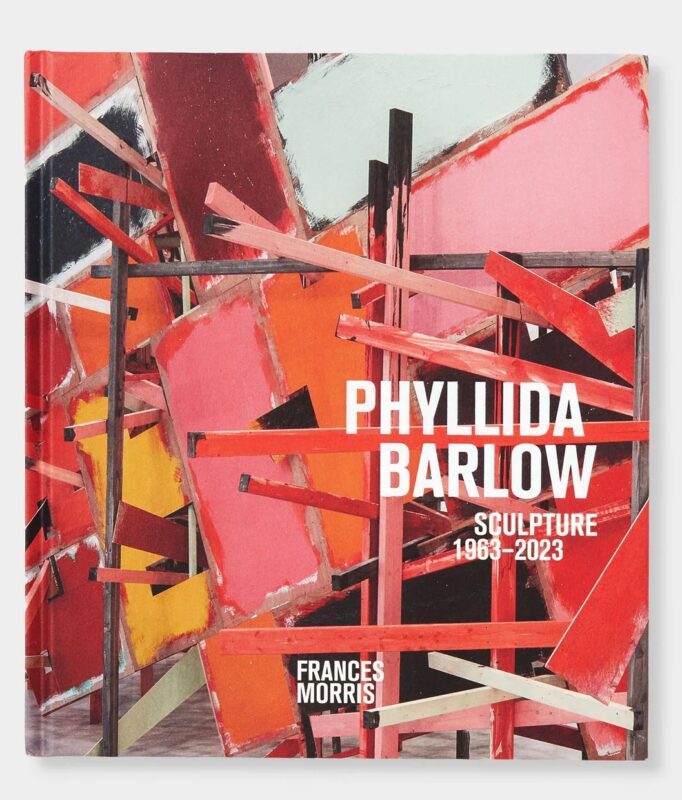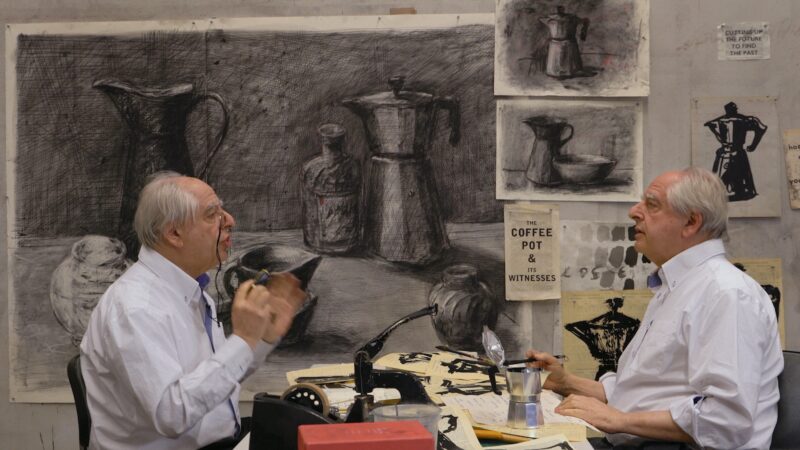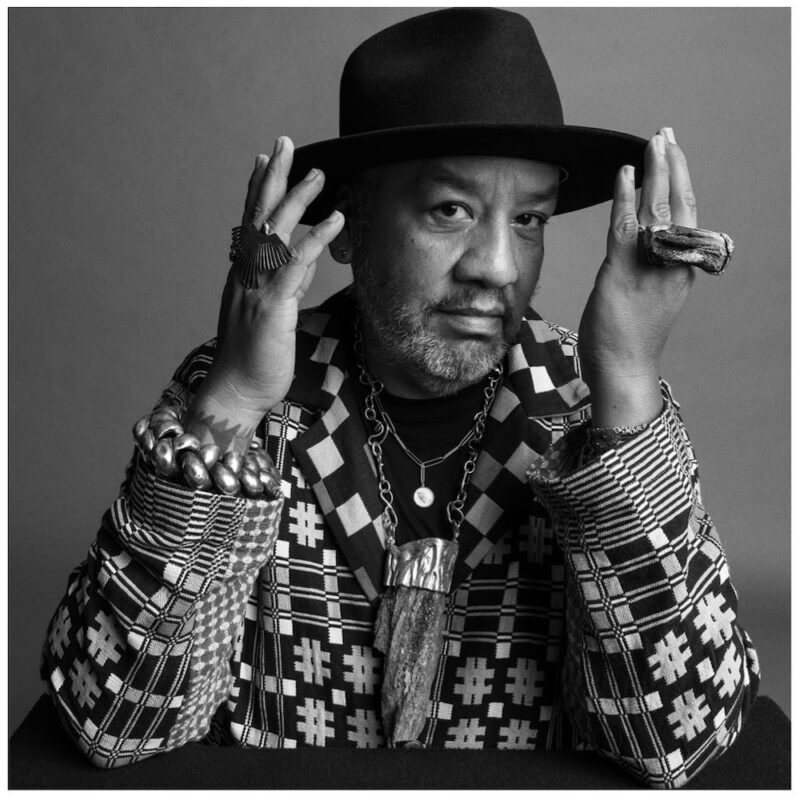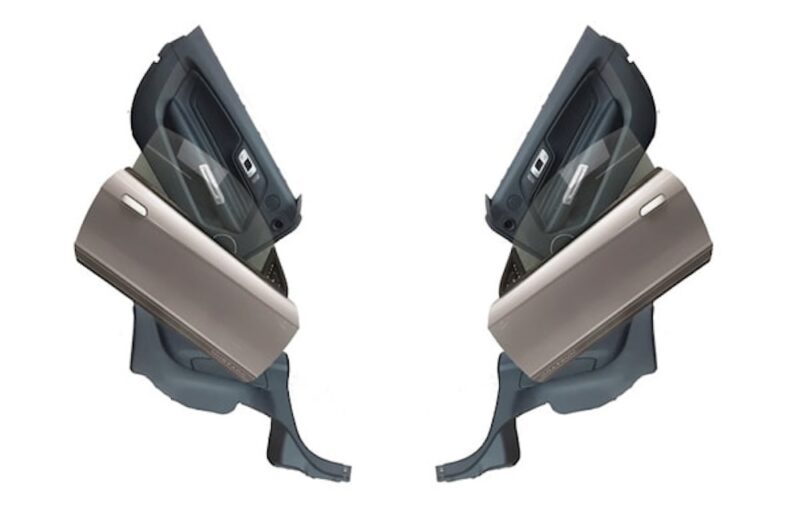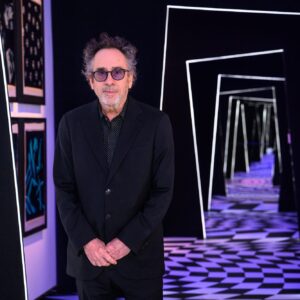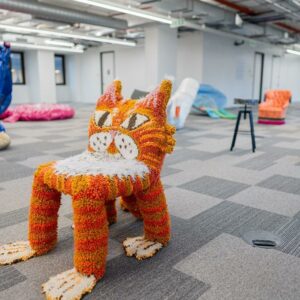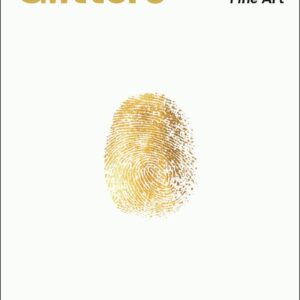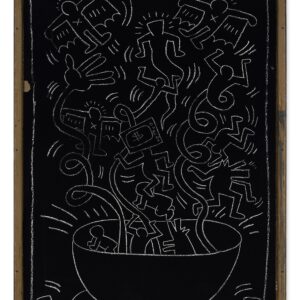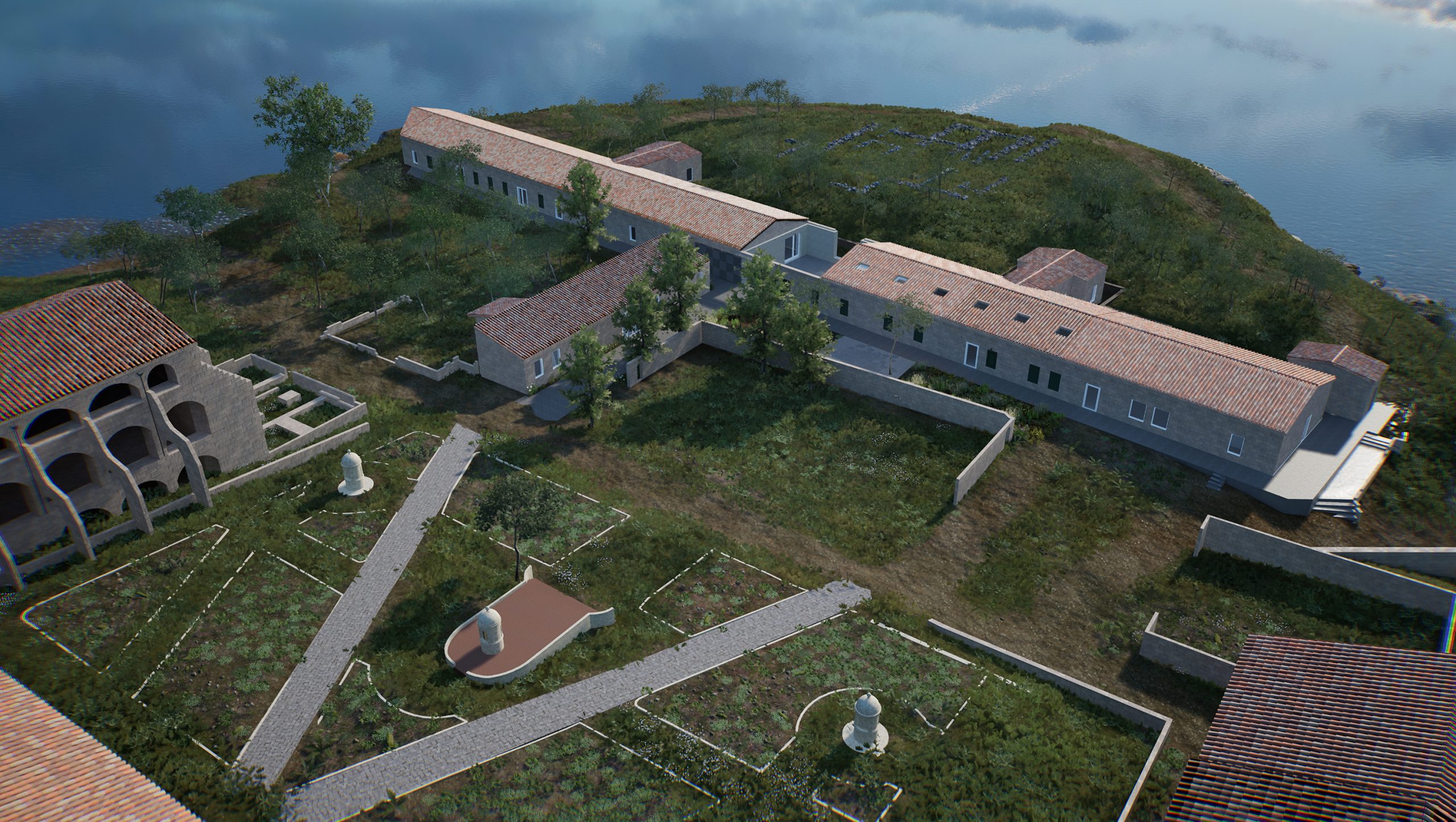
ArtLab, Hauser & Wirth Menorca exterior view created in HWVR. View of Louise Bourgeois’s Maman, 1999
HWVR, a first in virtual reality exhibition modelling, launches this month at hauserwirth.com
Iwan Wirth, Manuela Wirth and Marc Payot, co-presidents of Hauser & Wirth, announced today the launch of ArtLab, the gallery’s research and innovation arm exploring projects at the intersection of art and technology. ArtLab was formed to create bespoke technological solutions for the most pressing issues in the art world, including greater accessibility and sustainability.
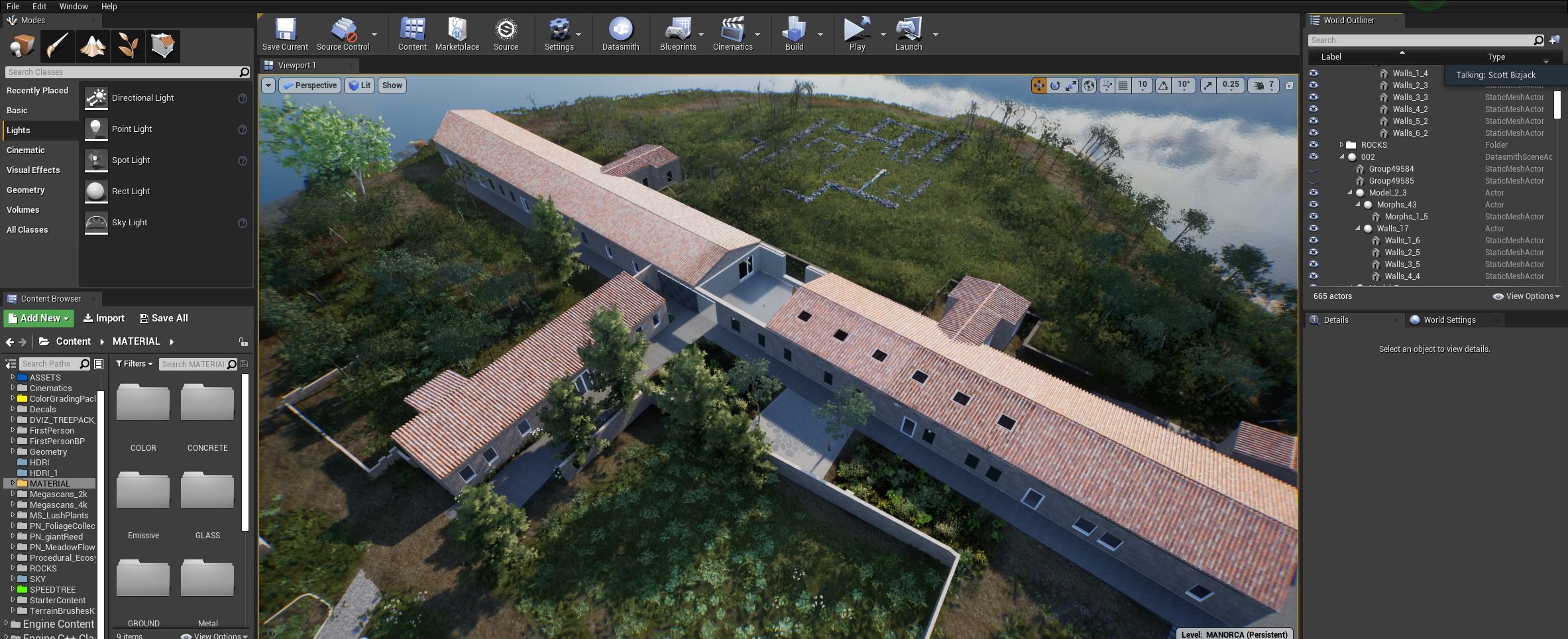
ArtLab, in software Hauser & Wirth Menorca exterior view created in HWVR Courtesy Hauser & Wirth
Toward this end, ArtLab will unveil its first initiative – a new Virtual Reality (VR) exhibition modeling tool called HWVR – in late April 2020 with Hauser & Wirth’s first entirely VR-based exhibition. By ‘taking place’ in a gallery site of the future, Hauser & Wirth Menorca, this exhibition will allow visitors a coveted online preview of the art center they will be able to visit in Spain when it opens in 2021. Hauser & Wirth Menorca is being restored by the Paris-based, Argentinean architect Luis Laplace, a long-standing collaborator of the gallery.
As part of Hauser & Wirth’s #artforbetter initiative, 10% of gross profit from sale of works in the first HWVR exhibition will be donated to the COVID-19 Solidarity Response Fund of the World Health Organization.
ArtLab began with intensive research in Summer 2019, focused upon practical steps toward responsibly reducing the gallery’s carbon footprint associated with mounting exhibitions globally. Simultaneously, the ArtLab team began exploring innovations that will allow audiences to fully experience exhibitions in different local contexts without traveling – a project that takes on greater meaning and urgency amid the COVID-19 pandemic – while permitting artists, curators, and exhibition coordinators to better prepare shows using new technology. ArtLab will host a digital residency program at Hauser & Wirth Los Angeles for artists and their teams by invitation to enable them to connect with, and to explore, the full potential of the new technology.
ArtLab’s global team combines existing Hauser & Wirth staff with new employee experts, and consultant support based in London, New York, and Los Angeles. HWVR is a first in the art world because it uses a bespoke technology-stack, not found in any other single industry. Drawing from techniques applied in architecture, construction and video-game authorship, the tool creates true-to-life scale and accuracy, as well as the authentic look, feel, and interactivity of Hauser & Wirth’s galleries. HWVR builds the virtual 3D space from the ground up at a pixel level, rather than relying on combined photos, which gives an unprecedented level of flexibility. ArtLab has also developed software to convert the gallery’s database of artworks into 3D assets.
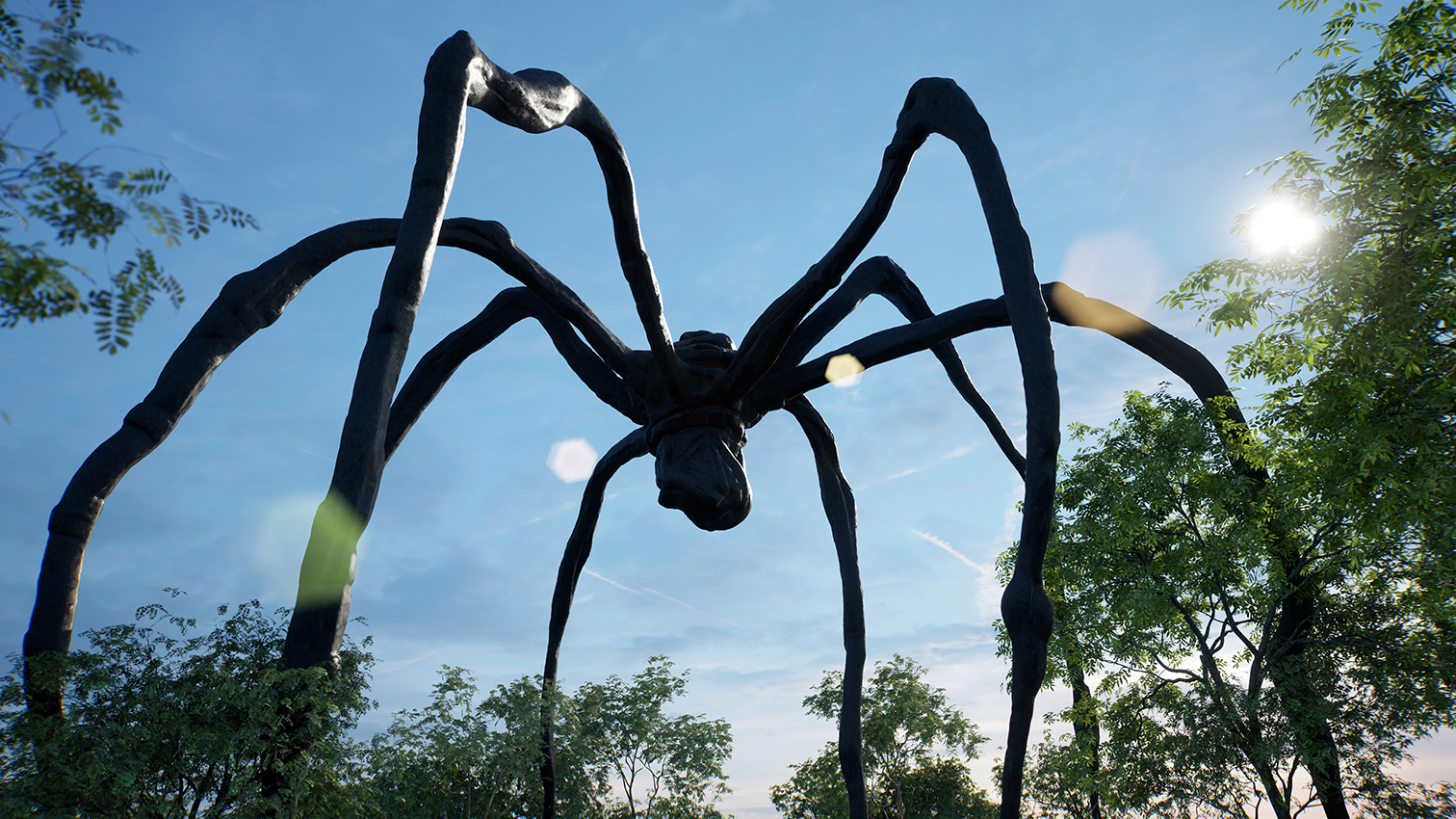
ArtLab, Hauser & Wirth Menorca exterior view created in HWVR. View of Louise Bourgeois’s Maman, 1999Louise Bourgeois © The Easton Foundation/VAGA at ARS, NY Courtesy The Easton Foundation and Hauser & Wirth
Iwan Wirth says:
‘Many of the best innovations are driven by necessity. When we created ArtLab and rst began developing the HWVR art experience, our primary goal was to develop technology that would help our artists visualize the spaces where their exhibitions would be presented. We were equally motivated by a desire to plan exhibitions for our locations around the globe in a way that would reduce the amount of travel and transportation. Given the current situation, with so many in essential self-isolation, we are accelerating the launch of ArtLab’s programs with a new approach to virtual reality exhibitions that can engage as many people as possible and bring them together while we’re all apart.’
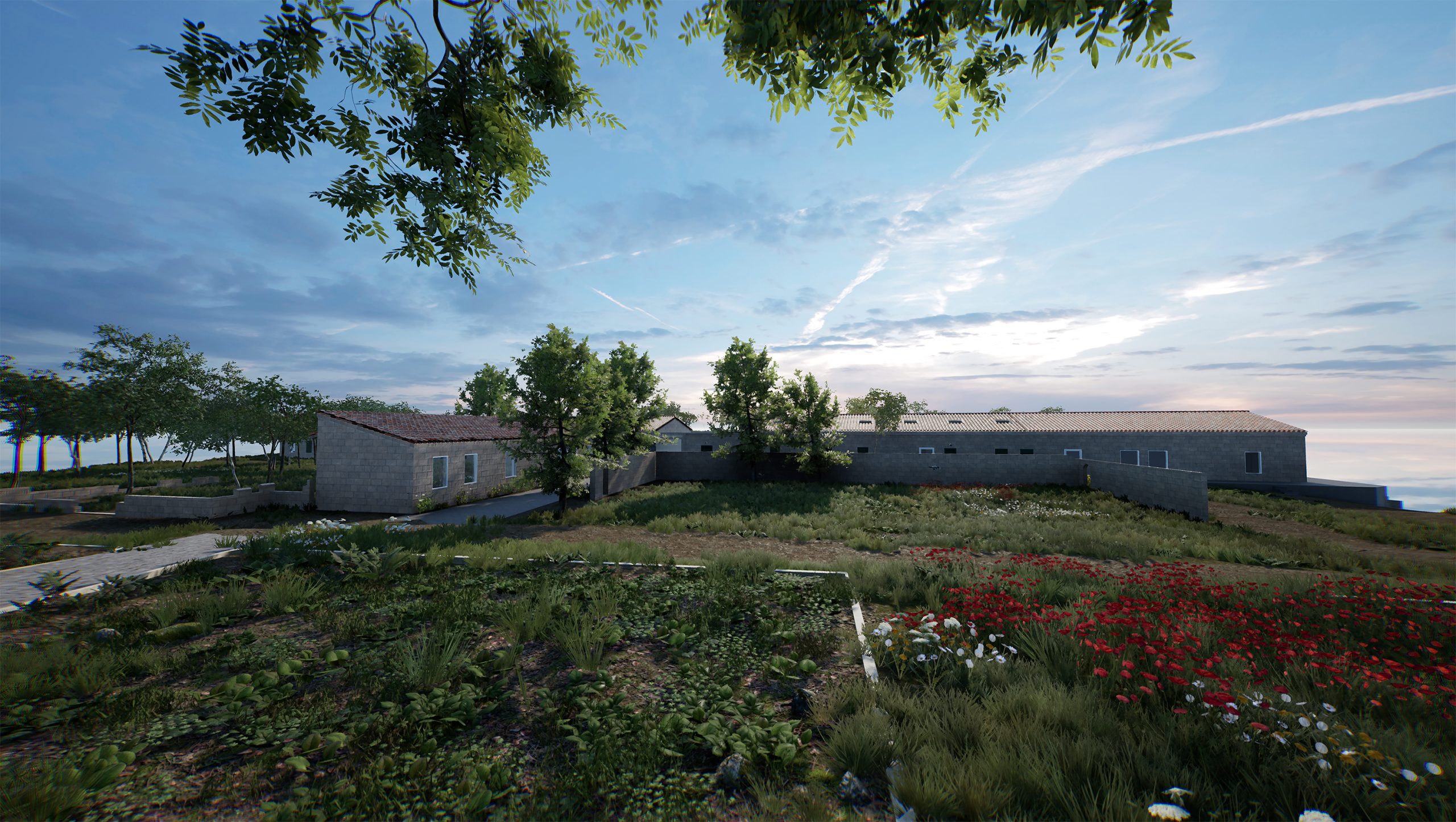
ArtLab, Hauser & Wirth Menorca exterior view created in HWVR Courtesy Hauser & Wirth
